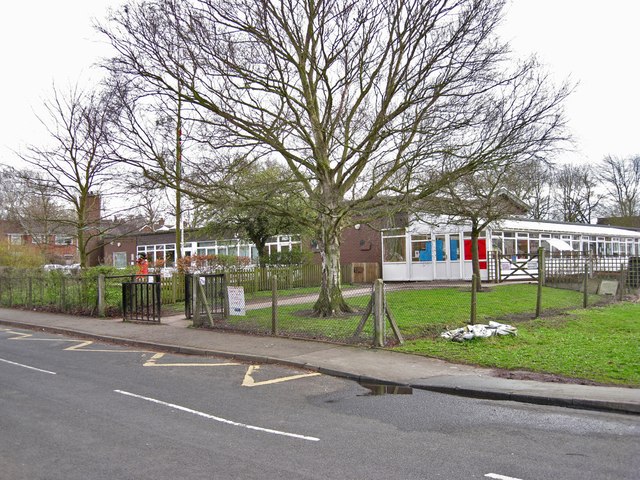Black Firs Primary School continues to be a good school, an Ofsted inspection has found.
In the first routine inspection of the Longdown Road, Congleton, school since the pandemic began, an Ofsted inspector discussed the impact with school leaders and took that into account in his evaluation of the school.
When Ofsted has judged a school to be good, it will normally go into the school about once every four years to confirm that the school remains good, as was the case at Black Firs.
The inspector carried out “deep dives” in early reading, history and mathematics. He found that pupils “loved” coming to the “welcoming and nurturing” environment of Black Firs. They said that everybody was made to feel welcome. Parents and carers spoke highly of the school and were appreciative of the approachable nature of school staff.
Pupils were helped to develop their personal qualities through the four school values of generosity, belonging, independence and mastery. Pupils were “great” friends to one another and any concerns or worries that they had, including those about bullying and name-calling, were dealt with quickly by teachers.
Leaders had high expectations of pupils’ behaviour and achievement. Pupils were polite and well mannered, and behaved well and worked hard. Pupils enjoyed their positive actions being recognised and rewarded by teachers.
Leaders ensured that pupils had access to a “wealth” of extra-curricular activities, with clubs such as rugby, netball, art and choir, as well as numerous opportunities to take part in competitive sports. Pupils spoke with enthusiasm about a yearly residential trip to Conway, and explained how these trips helped to develop their leadership and resilience skills.
The report said that while the school had planned a “broad and interesting” curriculum that was ambitious for all pupils, including those with special educational needs or disabilities, in a few subjects, leaders’ curriculum design was “at an earlier stage of development” and it was not as clear what knowledge or vocabulary should be taught. This hindered some pupils from “building securely on what they already knew”.
However, in most subjects, pupils could confidently articulate their learning, and pupils spoke knowledgeably about how they had built on their mathematical knowledge in year three to enable them to tackle a range of complex subtraction problems in year four.
Leaders had prioritised reading across the school, from the nursery class rhymes and songs, with younger pupils reading with increasing fluency and accuracy, but on occasion, pupils read books that did not match the sounds that they knew, which slowed down their progress in gaining “a secure knowledge of phonics”.
Pupils behaved well throughout the school. Pupils also had a strong understanding of other faiths and cultures, and could explain the importance of democracy and tolerance in society.
Older pupils had learned how Rosa Park’s experience helped many people begin to understand the negative impact of discrimination.
Leaders had ensured that pupils recognised what was inappropriate online content, and to report to an adult if any was seen.
The inspection was ungraded. If Ofsted found evidence that the school would receive a higher or lower grade, the next inspection would be a graded inspection. This was the second ungraded inspection; the school was judged good in November 2013.
The school has 355 pupils on the school roll and is part of the Learning Alliance Trust.
We paid someone to write this: if you found this story interesting, please help us by buying the Chronicle (most of our stories don’t go online), or advertising with us (no algorithims to make people miss your post). Call into any newsagent or call 01260 273737 to advertise. Thank you!



